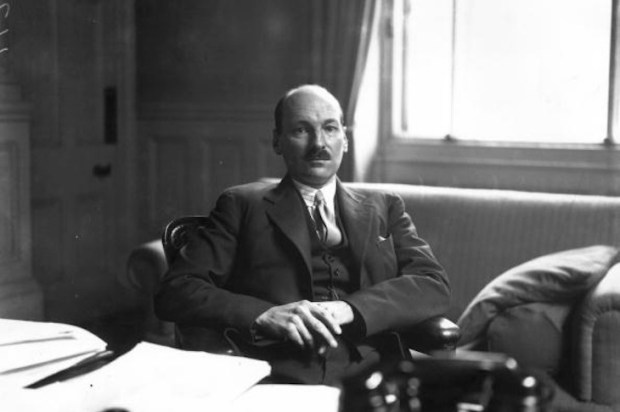Last week, my 13-year-old daughter Sasha and her friend Tess were taken by her god-father, Sean, to see Catfish and the Bottlemen at the Wembley Arena. I bought the tickets myself on Viagogo, one of the biggest secondary ticketing websites, and had no reason to think they wouldn’t be valid. As a QPR season-ticket holder, I’ve used Viagogo in the past to resell tickets to home games and it’s worked fine.
Not on this occasion. I knew some-thing was wrong when I received a message from Sean asking me to email him a picture of my driving licence. The concert organisers were refusing to admit anyone who’d bought their ticket via a reseller, so if you couldn’t prove you were the person named on the ticket you couldn’t get in. The name on their tickets was ‘Shael Pilcher’ so a picture of my driving licence wasn’t any use. They were refused entry along with hundreds of others. Not wanting to disappoint Sasha, Sean bought three new late-release tickets at the box office and they were able to go to the concert, but others weren’t so lucky. He reported seeing dozens of teenage girls in tears outside the venue.
Sean paid half as much as I had because the reseller had listed them for more than their face value of £22, but Viagogo is only partially at fault here. I say ‘partially’, because the reseller chooses what price to sell the tickets at, not the website. On the other hand, the 2015 Consumer Rights Act says that sites like Viagogo have to publish the face value of the tickets being resold and they didn’t do that in this case.
In addition, Viagogo charged me a £29.97 ‘booking fee’ and a £9.95 ‘delivery fee’, both of which are astronomically high. Then again, I was aware of those charges when I clicked ‘buy’, so it’s hard to get up on my high horse about that.
Do I blame Viagogo for the fact that the three £22 tickets I’d spent £151.48 on turned out to be invalid? Up to a point. The concert organisers had announced in advance that ticket holders would need to prove that they were the people named on the tickets, and Viagogo are obliged by law to list all the terms and conditions attached to tickets, including the fact that they’re non-transferable if that’s the case. But is it reasonable to expect them to police their own site, given how many resellers are using it at any one time? In fairness, the terms and conditions on the back of the ticket don’t say it’s non-transferable.
Where Viagogo is definitely at fault, however, is in making it next to impossible to claim a refund. In the ‘Help’ section of their website it tells you what to do if an event is ‘cancelled or postponed’, but not if your tickets are invalid. I dialled the customer service number, followed the instructions and entered my ‘Order ID’, only to be told my tickets had been successfully delivered and ‘no further action is needed’.
After exploring the dialling map for about an hour, pressing different numbers and failing to get through to anyone, I gave up.
The difficulty of obtaining a refund is hard to excuse, given that my daughter’s experience isn’t uncommon. In the summer, people who’d bought tickets on Viagogo for Harry Potter and the Cursed Child were turned away for the same reason. According to Adam Webb, the campaign manager for a music industry organisation that is lobbying for more regulation of secondary ticketing websites, Viagogo are notoriously bad at policing their own site.
‘Viagogo are the worst of the worst,’ he says. ‘The other sites will do the bare legal minimum to comply with the law, but Viagogo plainly disregards the law.’
In the end, I managed to contact the company via Twitter, and they promised a full refund plus a gift voucher for £75, but I’m not sure non-journalists would get the same treatment. Something plainly needs to be done to stop ordinary fans getting ripped off. Several MPs have taken up this cause, including Sharon Hodgson and Nigel Evans, but it’s not a question of changing the law so much as enforcing it, and that’s the responsibility of Trading Standards.
In Viagogo’s case, the situation is complicated by the fact that it’s headquartered in Switzerland and its servers are based offshore. Will the market prove to be self-correcting, with unhappy customers boycotting the site until Viagogo raise their game? I hope so, but I doubt it.
The post My ticket to a £150 rip-off appeared first on The Spectator.
Got something to add? Join the discussion and comment below.
Get 10 issues for just $10
Subscribe to The Spectator Australia today for the next 10 magazine issues, plus full online access, for just $10.
You might disagree with half of it, but you’ll enjoy reading all of it. Try your first month for free, then just $2 a week for the remainder of your first year.













Comments
Don't miss out
Join the conversation with other Spectator Australia readers. Subscribe to leave a comment.
SUBSCRIBEAlready a subscriber? Log in